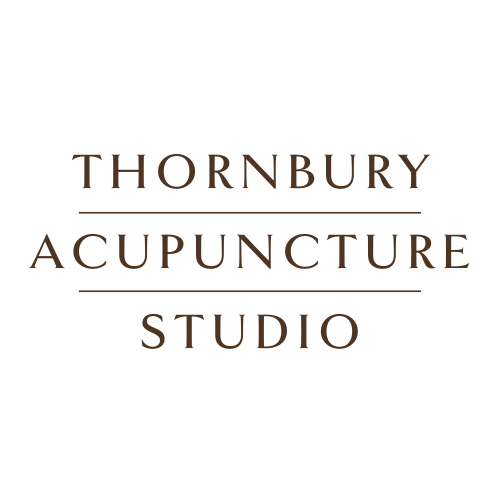Men’s Health
Are you looking after your sexual and reproductive health? Did you know that more than 47% of the time, difficulty conceiving involves male factor subfertility or infertility? Male infertility is on the rise, but is often seen as the second priority when couples have trouble conceiving. If you’re having trouble with sperm quality don’t worry, you are not alone.
Male fertility
Sperm quality
According to WHO statistics, in the 1940’s the average sperm count was 113 million. By 1990 numbers had dropped to 66 million and by 2015 to only 15 million.
Additionally, sperm quality has declined. In 1995, average morphology was 14% and average motility was 50%. From 2015 to date just 4% morphology and 2% motility are considered normal. In simple terms, only about 3% of the average man’s sperm are healthy enough to fertilise an egg. This radical decline has occurred over just a few generations and has been linked to diet and gut health, environmental toxins, food additives, recreational drugs (including alcohol) and pharmaceuticals.
What you can do
If you are trying to conceive, we recommend taking some action to improve your sperm, even if you’ve been told your levels are ok, and especially if you’ve been trying to conceive for more than 6 months.
Sperm production and maturation takes only 3 months, so it’s possible to make positive changes in a relatively short time. We recommend a combination of acupuncture and herbal medicine along with some lifestyle changes for boosting your reproductive potential.
The ability of Chinese medicine to influence sperm quality looks positive in a variety of studies. This 2003 study has shown that acupuncture and moxa can positively influence sperm quality, while in this 2016 study, surgical versus acupuncture treatment were compared in men who were infertile due to varicocele of the testes. They found both surgical and acupuncture methods appeared to be successful in improving sperm, and that pregnancy rates after more than 3 years were similar in both groups.
Andropause
If you’re over 40, you may be wondering why you just don’t have the energy you used to. Maybe you bounce back a little slower from vigorous exercise, or are finding it harder to keep weight off. There is a biological reason for this, though it is something we don’t tend to talk much about. Andropause occurs in men at around at 40-50 years and is due to a decline in the amount of testosterone produced by the testes.
Testosterone is a precursor hormone for many biological processes. It:
Keeps basal metabolic rate high
Boosts digestion and allows for the digestion of large amounts of food
Turns calories digested into muscle bulk
Aids muscle recovery
Boosts sperm production and libido.
High levels of testosterone give younger men that feeling of invincibility. When testosterone levels drop many may experience:
Reduction in available energy
Slower healing time of injuries
Slower recovery time after exercise
Abdominal weight gain
Reduction in muscle mass
Increased tendency to depression
Reduction in bone density
Reduced libido.
During andropause its important to make some lifestyle changes in order to stay fit and healthy. After 40, men need to eat less in order to maintain a healthy weight. Additionally, a diet high in carbohydrates, sugar and alcohol demands a lot from the metabolic system and needs to be cut back in order to avoid high blood pressure and diabetes later in life.
Exercise after andropause
As the body ages, it can become depleted, especially when you’ve lived a hard and fast lifestyle, frequently burned the candle at both ends, or lived with prolonged periods of stress.
Your body’s Yang energy, the energy that puts fire in your belly and gives you get up and go, begins to wane. Yang enervates us and fires all physiological processes – we can’t live without it.
Your body’s Yin energy – your body’s material, nutritional substance – may have been burned away, like a petrol tank run dry, leaving you with that tired but wired feeling. You may also have trouble sleeping.
As energy for physiological processes declines, unwanted substances build up in the system. We refer to these substances as damp. Damp can make your body and mind feel lethargic and make it difficult to get up in the morning. Damp also obstructs the uro-genital tract and is associated with prostate problems.
A Chinese medicine approach focuses on rebooting Yang of the body, supplementing the Yin and facilitating the processing of Damp. We typically use a combination of acupuncture and herbal medicine as well as lifestyle and diet advice to help you take charge of your health and build a sustainable foundation for your later years.
Declining levels of testosterone means a slower metabolism, so it is important for men to exercise regularly as andropause sets in. Regular exercise boosts the digestion and helps prevent weight gain. Exercise will help maintain muscle mass as you age, and is great for cardiovascular health.
As the body ages, you may need to rethink the way you exercise, especially if you habitually exercise to generate muscle bulk. As testosterone levels decline it is important to focus of muscle endurance and flexibility rather than on bulking up. Whole body exercise is preferable to isolation training.
Whole body exercise is easier to maintain into old age and is less likely to cause injury. It also helps help maintain muscle mass and keep basal metabolic rate up to prevent weight gain. Examples of whole body exercise include:
Walking, running, hiking
Gardening and cleaning
Yoga, taichi and martial arts
Rowing, swimming, cycling
Kettle bell exercises, push-ups, sit-ups, callisthenics.

